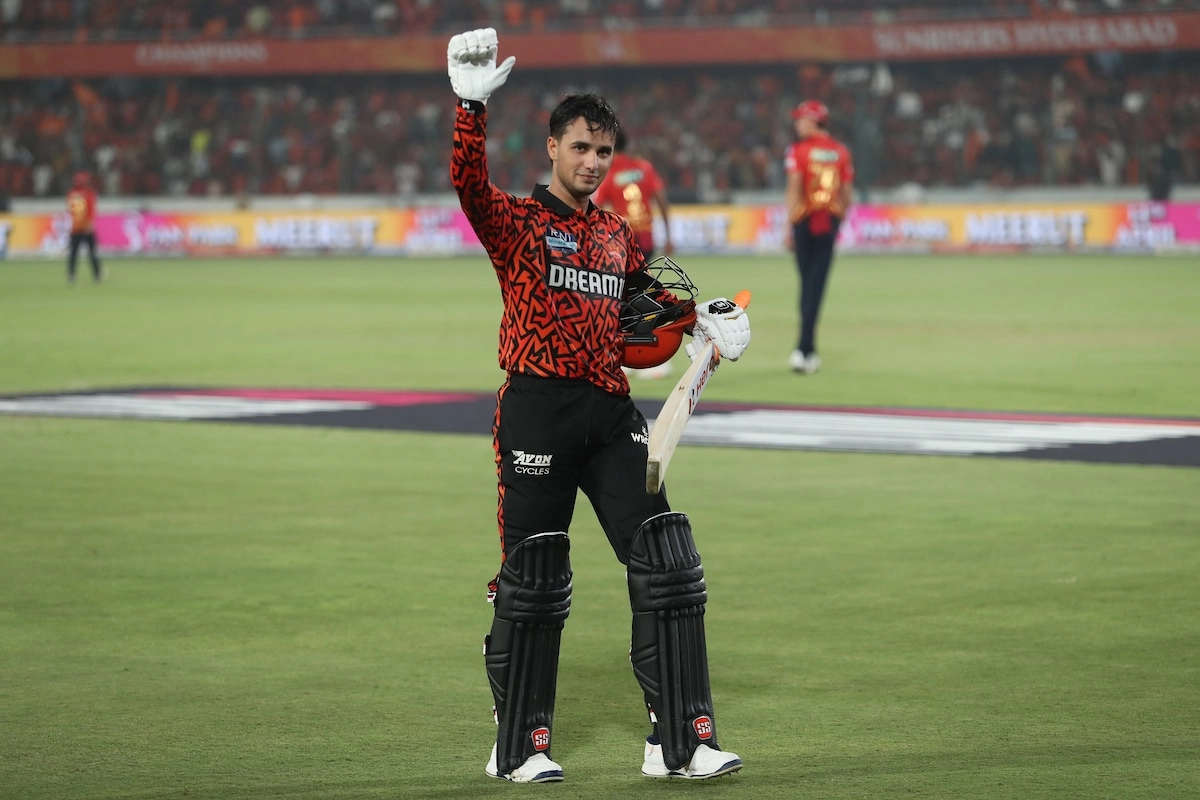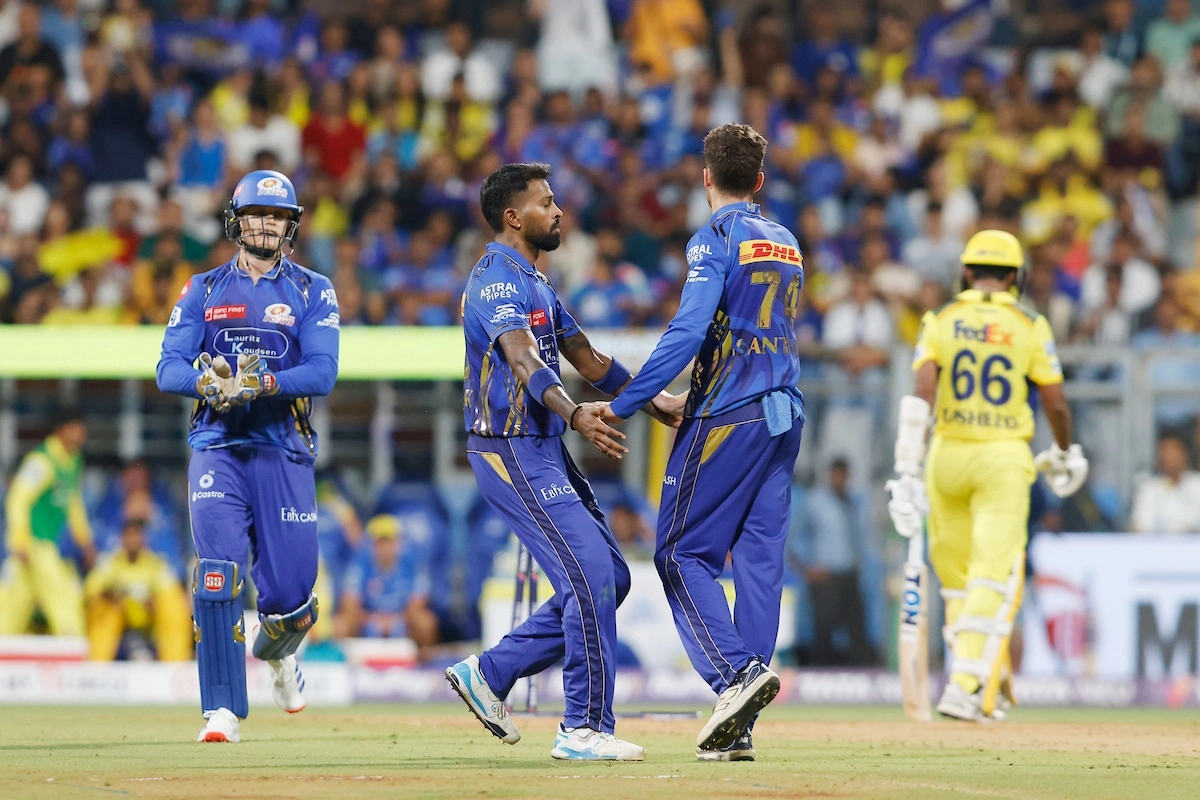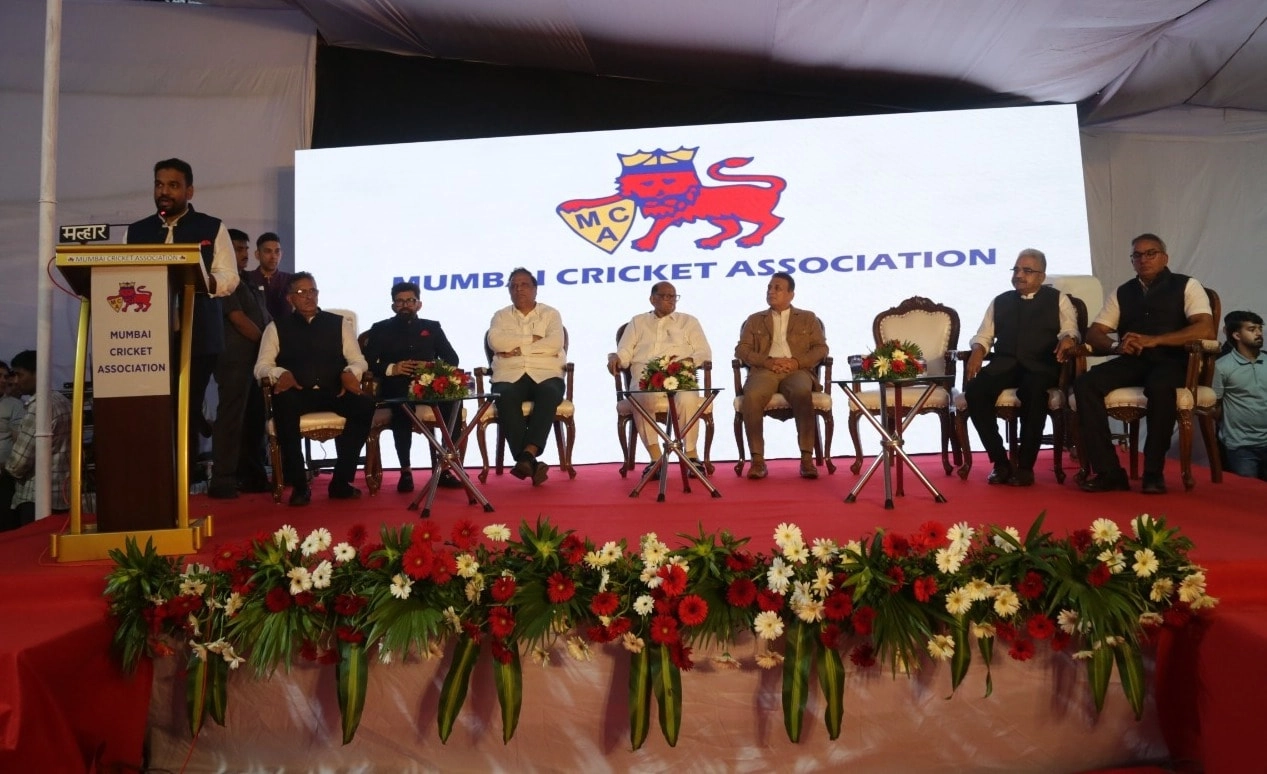In a recent discussion regarding the performance of Australian cricketer Travis Head, Indian cricketer Abhishek Sharma has stepped forward to offer a counter perspective to Head’s theory about the significance of six-match trials for players. Travis Head has been a prominent figure in the Australian cricket team, and his insights into the game are often taken seriously. He posited that players need a minimum of six matches to fully showcase their abilities and adapt to the demands of international cricket. However, Abhishek Sharma disagrees with this assertion, arguing that the essence of a player’s skill and potential can often be observed much earlier than six matches.
Abhishek, who has made his mark in various formats of the game, believes that the timeline for evaluating a player’s performance should not be rigidly tied to the number of matches played. He emphasized that cricket is a dynamic sport where players can exhibit their talent and adaptability almost immediately. In his view, waiting for an arbitrary number of games before making judgments could overlook the exceptional capabilities of emerging talents. Abhishek’s stance highlights the importance of recognizing potential quickly, especially in a fast-paced sport like cricket where circumstances can change rapidly.
The debate between Abhishek Sharma and Travis Head speaks to a broader conversation within the cricketing community about player development and evaluation. Different players have varied journeys, and some may shine under pressure right from their debut, while others may require more time to find their rhythm. By questioning the six-match theory, Abhishek advocates for a more nuanced understanding of player performance, one that appreciates immediate impact alongside long-term development. Ultimately, this dialogue underscores the complexities of talent identification in cricket, where both immediate and prolonged performance can contribute to a player’s legacy.




